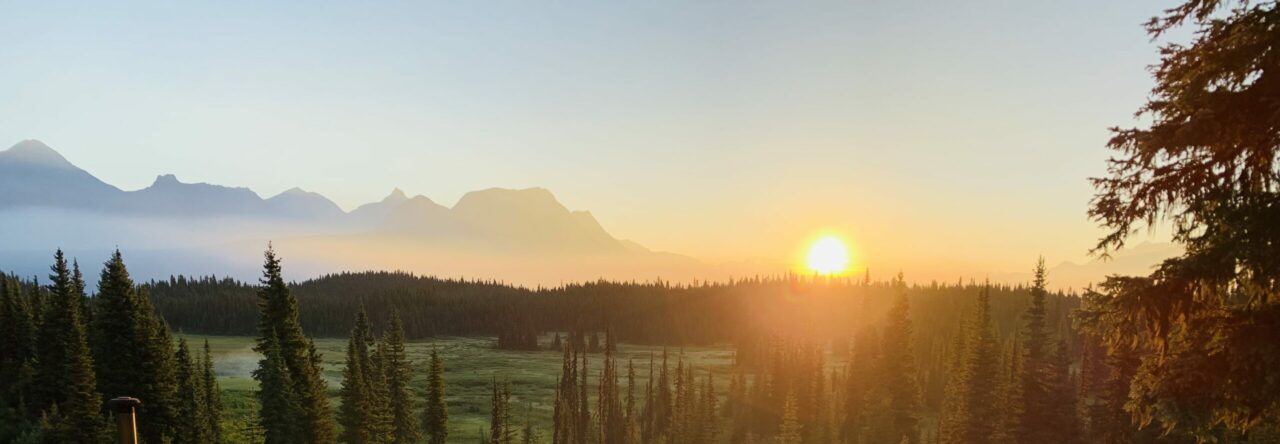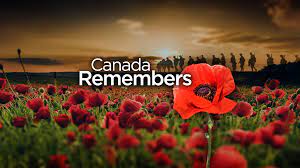At the beginning of our first semester, we looked at Dawn Zinga’s chapter, “Teaching as the Creation of Ethical Space”, from Indigenous Education (Huia et al, 2019), wherein she tasked us with becoming more aware of the challenges facing Indigenous students in post-secondary spaces; with recognizing how educational spaces are highly contested and why; with seeing and understanding the ways in which we, as educators, are closely implicated in these contested spaces; with carving out ‘ethical space’ within educational institutions and our practices; and, most importantly, with acting and engaging purposefully in these ‘ethical spaces.’
Now, at the beginning of our final semester in this course, we have been given the opportunity to revisit the idea of ‘ethical space’ as described by Professor Willie Ermine in his interview, “What is Ethical Space?” (McMasters University, 2010), and to start thinking about how we can construct a starting point with our coaching teacher for the intentional integration of the First Peoples Principles of Learning (FNESC). As such, we need to go beyond the idea of ‘ethical space’ and focus on how it can be implemented ‘on the ground.’ Ermine’s goal, much like Zinga’s, is aimed at doing just this: creating and carving out ethical spaces within a colonial system that has, historically, made no room for ‘other’ ways of knowing or being. As noted by Ermine: ethical space is a thought—an idea—but thoughts and ideas are only powerful if they are put into action! We must do something to foster ‘ethical space’ to really make a difference.
Ermine calls us to action, noting that, “people are hungry for something that re-channels their thinking and the way things ought to be”; going on to say that “it comes from deep inside people, to do good, to be ethical.” Ermine felt the hunger then (in 2010), and I feel it now. As such, I dare to say that I am not concerned about my coaching teacher’s desire to work alongside me to intentionally integrate the FPPL during practicum. Maybe I am being overly optimistic?!? But I don’t think I am. If my teaching experience has shown me anything, it is that teachers are ready for this change; students are ready for this change; administrators are ready for this change; and families and the community are as well! How very exciting to be a part of the teaching profession during this change!
I look forward to working with my coaching teacher to create space where all knowledge is valued and, therefore, where all students (as humans) are valued. Ermine’s ‘creation of an ethical space’, combined with Zinga’s ideas on “ethical space”, the First Peoples Principles of Learning, and Dr. Tina Fraser’s 9 R’s will serve as a roadmap to help me navigate the process. These ideas and models will provide the perfect framework to start the important conversations; to act with my coaching teacher to ensure that the classroom we share is a place of equitable learning, where Indigenous learners, alongside their non-Indigenous peers, feel safe and confident in their ways of knowing and being. A place where each individual is looked upon as human first; where there is no need to question difference (as was done so harshly in the past), but rather celebrate its value.
I look forward to working together with my coaching teacher to create an ‘ethical space’ that welcomes and values one another’s knowledge and the knowledge of our students, their families, the community, and other staff members within the school. I look forward to co-constructing and co-creating engaging school days for our students—to making school a space of fulfillment and enrichment for all involved! A space where the 9 R’s—respect, relationships, responsibilities, reciprocity, relevance, reverence, reclamation, reconciliation, and reflexivity—are embodied and not just words on a paper!
Sources
Professor Willie Ermine’s “What is Ethical Space” (McMasters University, October 1, 2010).
Dr. Tina Fraser’s 9 R’s, based on the work of Kirkness and Barnhardt (1991) with the addition of her five R’s (2021).
The First Peoples Principles of Learning (FNESC n.d.)
“Teaching as the Creation of an Ethical Space” (Zinga, 2019) from Indigenous Education (Huia et al, 2019).

